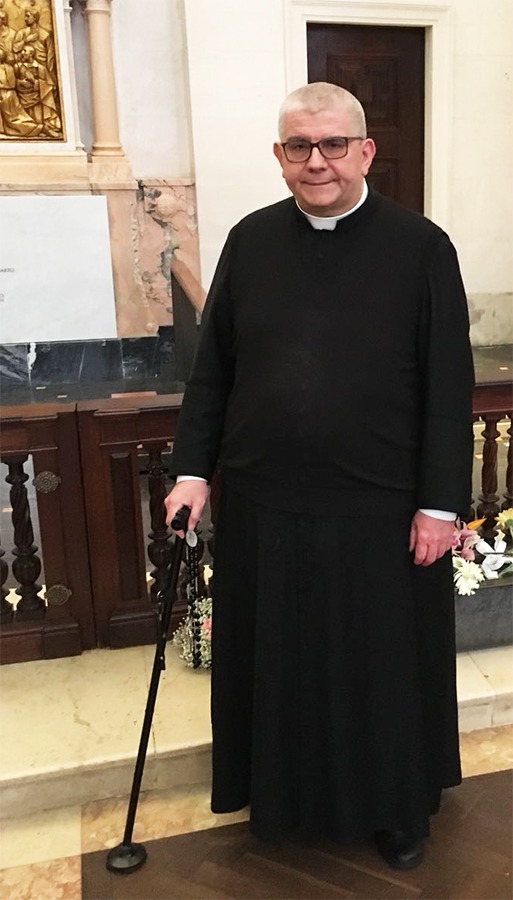Fr. Alfredo Morselli's “Thesis on the Council” can be explained briefly as follows:
1 The present crisis is of unprecedented gravity, essentially neo-modernist, but much graver than the original modernist crisis at the beginning of the 20th century.
2 However, Vatican II is not simply the cause of the present crisis, because:
2.1 The crisis began long before 1960,
2.2 its neo-modernism would never have taken root without the deep corruption of modern man, and
2.3 similarly the pontificate of Pope Francis was prepared long before the 21st century.
3 We must distinguish between the Council itself and the post-Council, or aftermath of the Council:
3.1 The Council cannot be blamed for all errors attributed to it, even if they were done in its name,
3.2 The Holy Spirit was at the Council, so that one cannot say there was no good at all in the Council.
4 The Council texts do include ambiguous formulae, which give the neo-modernists an opening.
5 Almost all these problems have been solved subsequently by official Church Declarations.
6 The problems represent not so much errors as the desire to be inclusive rather than exclusive.
7 A tragic example of that desire is the Council’s refusal to condemn Communism.
8 Calling the Council “pastoral” does not mean that there is nothing dogmatic in its pronouncements.
9 One may only criticize the Council in accordance with Church teaching on the Faith. Hence
9.1 Faith means believing God, i.e. accepting and not choosing what truths one will believe.
9.2 The Catholic Church’s Magisterium is the prime decider of which are those truths to believe.
9.3 That Magisterium is not open to private interpretation. It alone can interpret its own decisions.
